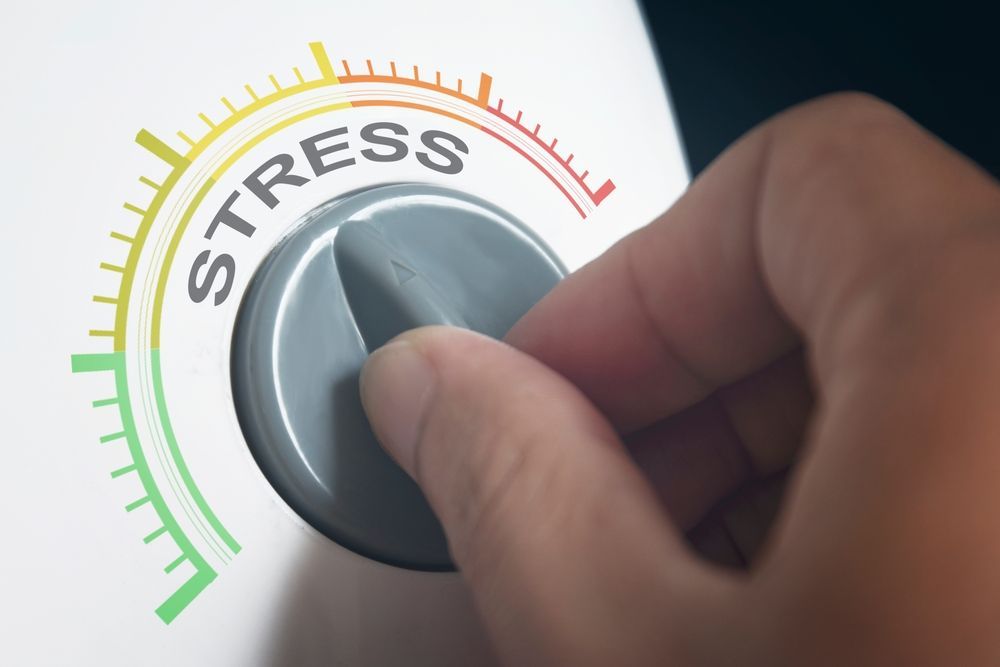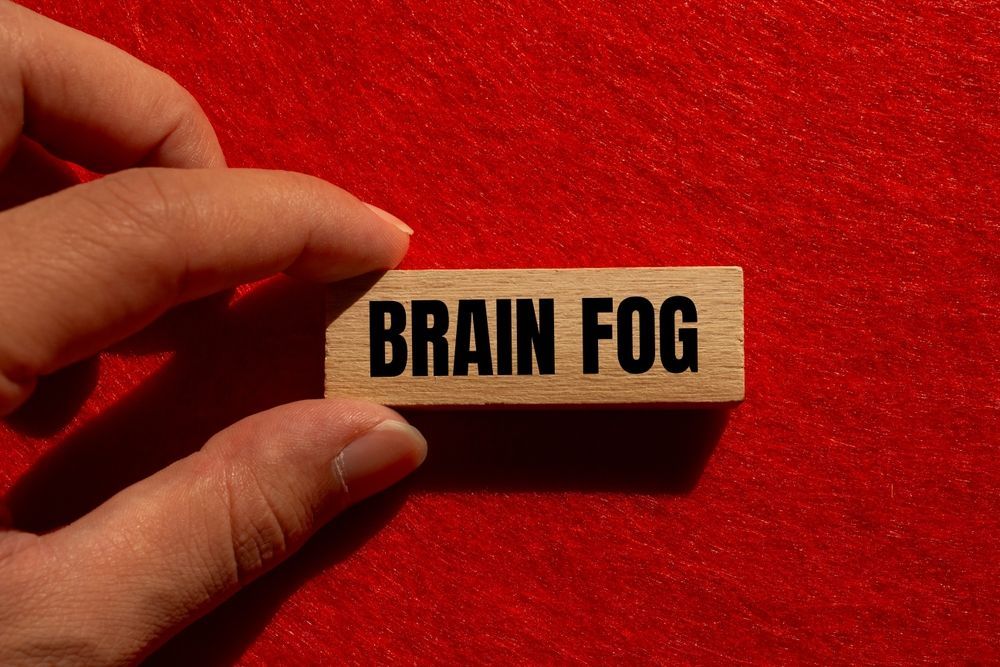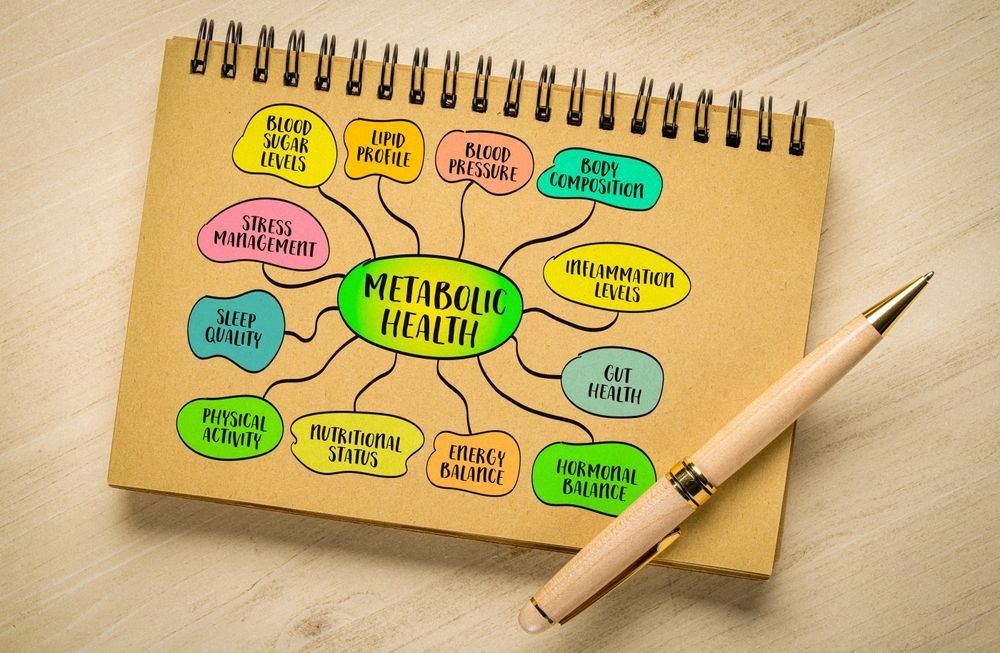Can IV Therapy Help with Stress Management?

Understanding Stress and Its Impact on Health
Defining Stress: A Modern Epidemic
In today's fast-paced world, stress has become a common experience for many individuals. Defined as the body's reaction to a challenge or demand, stress can manifest in various forms, including emotional, physical, and psychological symptoms. This modern epidemic affects not only our overall well-being but also our ability to function effectively in daily life.
Stress triggers a complex response in our bodies, activating the fight-or-flight system. While short-term stress can be beneficial in some scenarios, chronic stress can lead to serious health complications, making it crucial to explore effective management strategies. The sources of stress are diverse, ranging from work-related pressures and financial concerns to personal relationships and health issues. As society continues to evolve, the expectations placed on individuals often increase, further exacerbating the stress levels experienced by many.
The Physical and Mental Effects of Stress
Stress can have profound physical and mental effects on an individual. Physically, symptoms may include headaches, fatigue, and digestive issues. In severe cases, chronic stress can contribute to cardiovascular disease and weakened immune function. The body’s prolonged exposure to stress hormones, such as cortisol, can disrupt various bodily systems, leading to conditions like hypertension and obesity. Furthermore, the impact of stress on sleep quality cannot be overlooked; many individuals find themselves trapped in a cycle of sleepless nights and restless days, which only serves to heighten their stress levels.
Mentally, stress can lead to anxiety, depression, and impaired cognitive function. Individuals may experience mood swings, irritability, and difficulty concentrating. The cognitive overload caused by stress can impair decision-making abilities and reduce productivity, creating a vicious cycle that can be hard to escape. Moreover, chronic stress can alter brain structure and function, potentially leading to long-term mental health issues. With the prevalence of stress-related disorders, it becomes increasingly important to identify and implement effective stress management techniques. These techniques can range from mindfulness practices and physical exercise to seeking professional help, all of which can play a vital role in restoring balance and enhancing resilience against the pressures of modern life.
The Basics of IV Therapy
What is IV Therapy?
IV therapy, or intravenous therapy, involves administering fluids, vitamins, and medications directly into a person's bloodstream through a vein. This method of treatment allows for rapid absorption and higher bioavailability of nutrients compared to oral supplements.
IV therapy has gained popularity in recent years, not just for treating dehydration or illness but also as a wellness tool. Many individuals are turning to IV therapy to improve their overall health, boost energy levels, and even manage stress.
The Science Behind IV Therapy
The effectiveness of IV therapy hinges on its ability to deliver essential nutrients directly to the bloodstream. Unlike oral intake, which can lose potency due to digestive processes, IV therapy ensures that a higher concentration of nutrients is accessible to the body immediately.
This method allows healthcare providers to customize treatments based on individual needs, offering tailored solutions for a range of issues, including fatigue, immune support, and, notably, stress management.
The Connection Between IV Therapy and Stress Management
How IV Therapy Can Alleviate Stress Symptoms
IV therapy can play a significant role in alleviating the symptoms of stress. By delivering a cocktail of vitamins, minerals, and hydration directly into the body, IV therapy can help counteract the physiological effects of stress.
Many IV therapy formulations include key components like magnesium, B vitamins, and vitamin C, which are known for their roles in promoting relaxation and reducing anxiety. When administered, these nutrients can provide immediate relief and contribute to improved mood and energy levels.
The Role of Nutrients in Stress Management
Nutrients are fundamental to our physical and mental health, and certain vitamins and minerals play crucial roles in managing stress. For instance, magnesium is known to regulate cortisol levels, the hormone primarily associated with stress responses.
Additionally, B vitamins aid in energy production and the synthesis of neurotransmitters that regulate mood. By incorporating these nutrients through IV therapy, individuals may experience a more balanced emotional state, which is essential for effective stress management.
The Process of IV Therapy for Stress Management
What to Expect During an IV Therapy Session
Undergoing IV therapy is a straightforward process. Initially, a healthcare professional will evaluate the individual's health history and discuss goals for the treatment. After selecting the appropriate nutrient blend, a sterile IV line is inserted into a vein, usually located in the arm.
During the session, which can last anywhere from 30 to 90 minutes, patients are typically encouraged to relax. Many locations offer a comfortable environment where individuals can read, watch TV, or even take a nap while receiving their treatment.
Safety and Side Effects of IV Therapy
While IV therapy is generally considered safe, it is important to consult with a qualified healthcare provider. Potential side effects can include soreness at the injection site, mild dizziness, or allergic reactions to certain nutrients.
Patients should also disclose any underlying health conditions and medications they are taking to minimize risks. Overall, when administered correctly, IV therapy can be a beneficial component of a holistic approach to stress management.
Evaluating the Effectiveness of IV Therapy in Stress Management
Research Findings on IV Therapy and Stress
Numerous studies have explored the effectiveness of IV therapy in reducing stress levels. Research indicates that individuals who undergo IV nutrient therapy report lower anxiety levels and improved overall well-being. The rapid absorption of essential nutrients can lead to immediate benefits, enhancing mood and energy levels.
However, while initial findings are promising, more extensive research is needed to fully ascertain the long-term effects of IV therapy on stress management and its potential as a standalone treatment.
Limitations and Considerations of IV Therapy for Stress Management
Despite its benefits, IV therapy should not be viewed as a one-size-fits-all solution for stress. Each person's experience with stress is unique, and what works for one individual may not be effective for another.
Furthermore, the cost of IV therapy sessions can be prohibitive, and insurance coverage may not always extend to this treatment. As such, individuals should consider their options carefully and discuss potential benefits with their healthcare provider.
In conclusion, while IV therapy shows promise as a tool for stress management, it should be part of a broader strategy that includes lifestyle changes, such as regular exercise, a balanced diet, and good sleep hygiene. With the right approach, individuals can find effective ways to manage stress and enhance their overall well-being.










